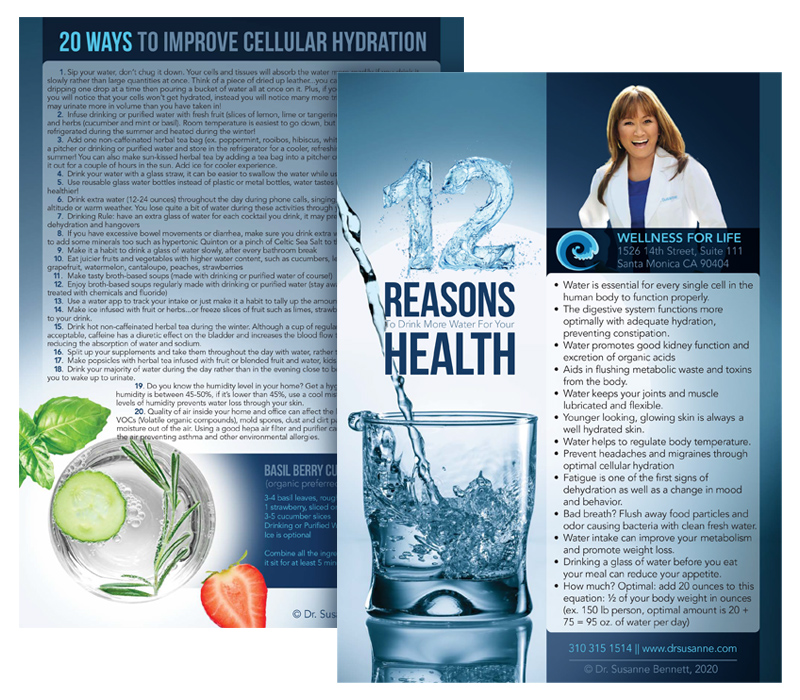 Rosacea is a skin disorder that affects over 16 million Americans, most of whom are not really aware they have it, let alone what to do about it. It involves redness of the face, small but visible blood vessels, and/or bumps and pimples that can have the same psychological effects on the sufferer as teenagers experience with acne, reducing their confidence and self-esteem and may even cause them to cancel social engagements.
Rosacea is a skin disorder that affects over 16 million Americans, most of whom are not really aware they have it, let alone what to do about it. It involves redness of the face, small but visible blood vessels, and/or bumps and pimples that can have the same psychological effects on the sufferer as teenagers experience with acne, reducing their confidence and self-esteem and may even cause them to cancel social engagements.
Rosacea often creeps up on some people after the age of 30, and will sometimes affect more than just the face, including the scalp, eyes, neck, chest, and ears. Most doctors will typically alleviate the symptoms with topical antibiotics, as there is currently no known cure. If left untreated for long, the redness usually develops into bumps and pimples, and sometimes tissue on areas of the face like the nose can become excessive and cause it swell.
What I notice with a large number of my clients is that rosacea has a lot to do with an overgrowth of yeast or Candida in the body. This results from things like excess sugar, carbohydrate and alcohol intake, antibiotics intake, and Vitamin C and bioflavanoid deficiency. If yeast is not indicated in the individual, I find that Helicobacter Pylori infection in the stomach can be contributing to the skin disorder. The proper blood and stool tests can easily help diagnose these infections. Also if you regularly get aggressive chemical peels and laser treatments, those have the potential to contribute to rosacea as well.
While it is important to consult your doctor immediately if you are seeing any signs of rosacea on your skin, I suggest incorporating Vitamin C and bioflavanoids more in your diet by eating more vegetables and fruits, decreasing sugar, carbohydrate and alcohol intake, and possibly reducing any treatments that could weaken the immunity of your skin, like chemical peels. There is also a wide variety of online help, including a worldwide organization called the National Rosacea Society, which is the largest resource available for rosacea sufferers. You can visit their website for online help and more information at www.rosacea.org.
References:
www.rosacea.org


